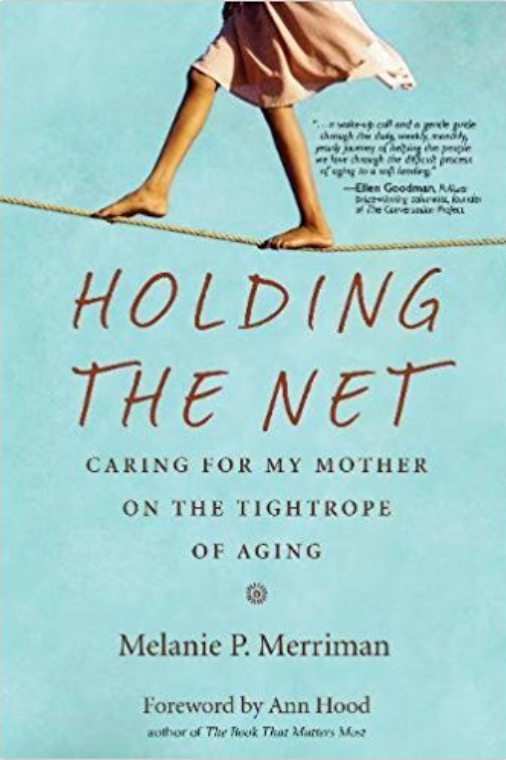By Karen Collazo
The hardest aspect of life after treatment is the grieving process. I rarely encounter this concept in recovery literature, but I once heard a fellow addict put it succinctly during a late night NA meeting: You must allow yourself the process of grieving for the loss of your former self. These words struck a powerful chord with me. It clarified a big issue I have been struggling with: How do you grieve the loss of someone you never really knew? Up until a few months ago, my sense of self was grounded in a web of deceit and uncovering my real truth has placed me smack dab in the center of an isolated and dark wasteland. During active addiction, I ensured my survival by deftly manipulating my reality and over-rationalizing my behavior – to the point where I don’t know what is real and what is not.
For instance, I used to think I was good at my advertising job because I had never been fired before and found myself climbing up the ladder. Every new job came with a new title, more responsibility and a bump in pay. This was the mark of success in my book. However, now I’m not so sure I was ever really as successful as I thought I was. I have recently become acutely aware of the fact that I did quite a bit of bouncing around during my 15-year career. I never held down a job for more than two years. Usually, I left as soon as my gut told me that it was obvious to everyone how incompetent I was, but before any of my employers could take any real action. In this way, I managed to escape the experience of being rejected. At the time though, I was convinced that I was the one doing the rejecting for very valid reasons, like: I need to diversify my experience, the agency culture is just not for me or I’m ready for more work-life balance. This whole time, though, I was only beating them to the punch – to save face.
These last few months, I’ve been encumbered by revelations like this. It’s a heavy load that keeps getting heavier and is weighing me so far down, I feel as though I’m trying to crawl out of a pit of quicksand. The sack on my back continues to grow with each old belief that unravels before me, proving it difficult to grieve the loss of someone who is a stranger to me now. I wish it was as simple as letting it go; it would make recovery a lot less painful. Instead, I’m stuck at the beginning. Each day, becoming more defeated as I discover things about Karen that make me cringe. Therein lies the true conundrum: How do you move past your loss when it’s all just so unbelievable?
When you think you know yourself and come to find that you really don’t, a dangerous shift in perception takes place. Everything comes into question. It’s like finding out that your husband has been leading a double life and maintaining a second family in another state. You pick apart the past for clues that should have been obvious warning signs. You lose faith in your own memory and your ability to interpret the present. This is exhausting. It makes it extremely difficult to make any decision. It overwhelms you. The past becomes a sham and you worry that perhaps you still can’t be trusted. When you are this vulnerable, you risk not being able to get to the why. And knowing the why is how you develop compassion for yourself. Compassion is the key to knowing.
It has been said that grief is not about forgetting, but remembering with less pain. The process of recovering from drug addiction extends beyond learning how to cope without drugs and live a new healthy and meaningful life. It also involves becoming intimately acquainted with your pain for the very first time. And once you’ve faced what hurts, you have to learn to be completely and utterly okay with it. For someone who is still struggling with denial, that simple act seems insurmountable and too great for me to survive.














